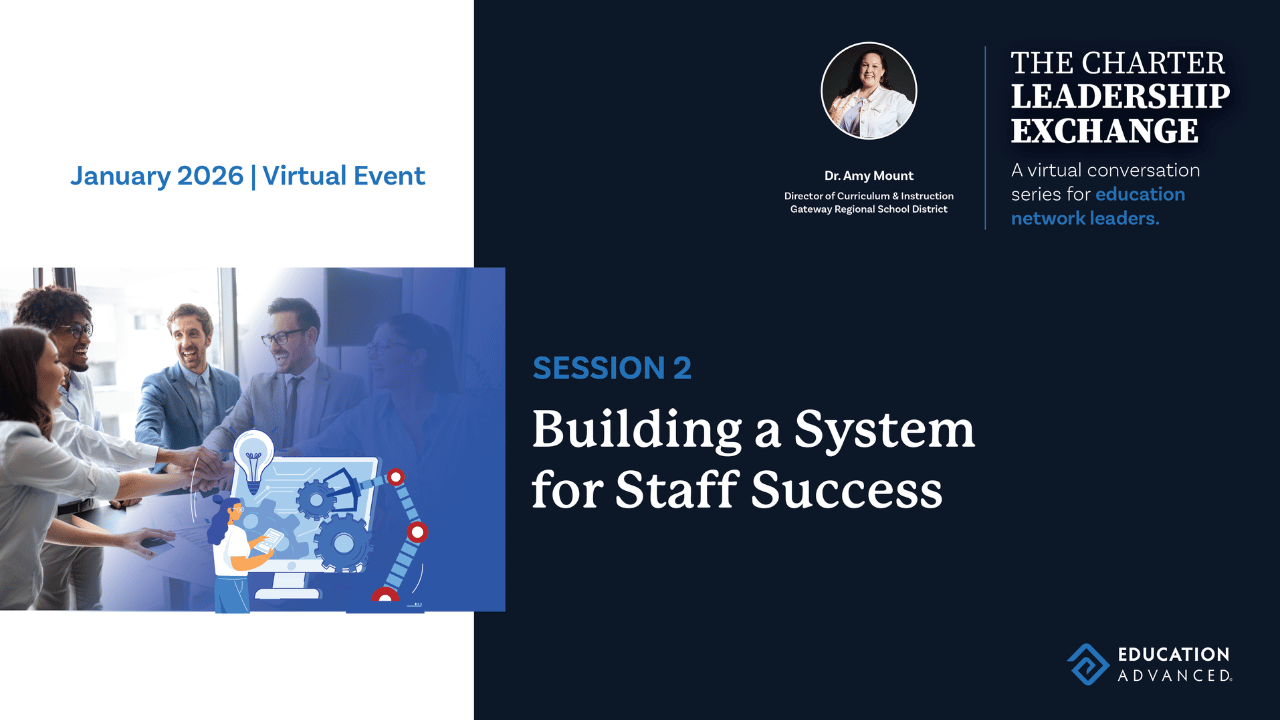11 Career Planning Tools for High School Students
Career planning tools for high school students are valuable resources that help young individuals prepare for their future careers. These tools give students a better understanding of their interests, strengths, and possible career paths, helping them make informed choices about their education and work goals.

Popular Career Planning Tools
Several popular career planning tools can help high school students explore their options:
- BigFuture by College Board
BigFuture guides students through the college planning process while helping them explore potential careers. It offers a structured way to understand how different educational paths fit with various professions. Students can also explore colleges based on specific programs and learn about financial aid options, making it easier for them to tailor their education to suit their career goals.
- CareerOneStop
A comprehensive resource for career exploration, CareerOneStop is sponsored by the US Department of Labor. It offers various assessments to help students identify their skills and interests. The resource also provides insights into job market trends, educational requirements, and resume-building tips. Students who are unsure of their next steps or looking to narrow down their career choices will find this tool especially helpful.
- YouScience
YouScience takes a unique approach to career exploration with aptitude assessments. With this tool, students can evaluate their strengths and interests to help identify career paths that might be a good fit. YouScience is particularly helpful for students who are still exploring different options and may not yet have a clear idea of their ideal career.
Assessment Tools
Assessment tools help students learn more about themselves. These tools usually include personality tests and skills assessments that give insights into careers that might be a good fit.
- The Big Five Personality Test
This test looks at five key personality traits:
- Openness: Being creative and open to new ideas
- Conscientiousness: Being organized, responsible, and reliable
- Extraversion: Enjoying being around people and feeling energetic in social situations
- Agreeableness: Being friendly, caring, and cooperative with others
- Neuroticism: Tendency to feel anxious, sad, or easily upset
The test helps students understand how these traits can influence career satisfaction. For example, students with high Openness might be interested in creative jobs like graphic design or journalism, where they can come up with new ideas and think outside the box.
On the other hand, those with lower Openness may prefer more structured, hands-on careers in fields such as law enforcement, finance, or manufacturing, where they can focus on practical tasks and follow clear guidelines.
- Holland Code Test
Also known as the RIASEC test, the Holland Code Test sorts careers into six personality types that help students find careers that match their interests and traits. The personality types include:
- Realistic: Prefers hands-on work, often in technical or mechanical fields.
- Investigative: Enjoys problem-solving and exploring ideas, often in science or research, and prefers intellectual activities over socializing.
- Artistic: Engages in creativity and self-expression, often in artistic or design careers.
- Social: Focuses on helping and interacting with others, often in education or healthcare.
- Enterprising: Likes to lead, influence, or make decisions, usually in politics or business.
- Conventional: Prefers structured tasks involving data or organization.
- Career Personality Profiler
This assessment combines elements from the Big Five and Holland Code to give students a clear picture of their strengths and the careers they might be suited for.
Exploration Platforms
In addition to assessments, various online platforms offer extensive databases of information about different careers:
- O*NET OnLine
This resource offers job descriptions with details about required skills, education levels, salary ranges, and work environments. Students can search for job titles or explore careers based on their interests.
- InternJobs.com
This platform helps high school students find internships based on their interests and preferred location. The site offers a wide range of opportunities across different industries, giving students the chance to gain valuable hands-on experience. Internships found through this site allow students to build their resumes, develop essential skills, and make connections with professionals in their chosen fields.
Workshops and Seminars
- Career Exploration Workshops
Schools can host workshops where professionals discuss their jobs and what’s needed to succeed in those fields. Students can ask questions and get a clearer idea of what different careers are really like.
- Hands-On Activities
Schools may also offer hands-on activities that connect classroom subjects with careers. For example, math classes could focus on how math is used in engineering or finance, and science classes might explore how lab work applies to healthcare or environmental science careers.
Internships and Job Shadowing
Internships and job shadowing give high school students valuable firsthand experience in the careers they are interested in.
- Internships
Many companies offer internship programs designed for high school students. These programs give students a chance to work alongside professionals, gain real-world experience, and build skills.
- Job Shadowing
This career exploration activity allows students to shadow professionals during a typical workday to experience what their jobs are like. Job shadowing gives students a chance to learn about different roles without committing to a long-term internship.

What Are Career Planning Tools?
Career planning tools help high school students explore their interests and discover career paths that fit. These tools can be especially useful as students get ready for college, enter the workforce, or consider military service. They generally fall into three main types:
- Assessment Tools: These tools help students understand their skills, interests, and personality traits. By taking assessments, students can discover potential careers that suit their strengths.
- Exploration Platforms: Websites and apps provide valuable information about various careers, including job descriptions, salary expectations, and required qualifications for different roles.
- Networking Resources: These platforms connect students with professionals in their areas of interest. Networking can offer insights into specific careers and may lead to internships or job opportunities.
With career planning tools, students get a clearer picture and are better informed about the path from high school to college, work, or military service. These tools help students make choices that align with their goals, setting them up for future success.
Why Career Planning Tools Are Important
Career planning tools are helpful for high school students because they guide students in exploring career options. These tools connect personal interests with potential job opportunities, making it more likely that students find satisfying jobs. They also provide information on the job market and highlight skills that students may already have from various experiences.
Additionally, career planning tools create clear steps to help students build the education and skills needed for their chosen paths. With these tools, students feel more empowered to make confident decisions about their future careers.
Prepare Students for Future Success
Career planning tools for high school students are essential for helping them build successful futures. By utilizing these resources, students can learn more about themselves and the professional world around them. Starting this exploration early can significantly improve their readiness for future endeavors.
To further enhance career planning efforts, schools can benefit from using Pathways, an educational software designed to support the effective tracking of student progress, including CTE coursework and Programs of Study. Pathways helps schools monitor important milestones such as SAT and ACT scores, dual credit courses, and graduation requirements. With this tool, schools can provide meaningful feedback and ensure that students are on the right track toward their goals.
Pathways also lightens the load for counselors, giving them more time to focus on helping students directly. By adding Pathways to their systems, schools can improve career planning and better prepare students for life after high school.
If your school is interested in new ways to improve the learning experience for children, you may also be interested in automating tasks and streamlining processes so that your teachers have more time to teach. Education Advanced offers a large suite of tools that may be able to help:
- Evaluation: A solution for documenting every step of the staff evaluation process, including walk-throughs, self-evaluations, supporting evidence, reporting, and performance analytics.
- Pathways: A graduation tracking tool that enables administrators and counselors to create, track, and analyze graduation pathways, ensuring secondary students stay on track to graduate.
- TestHound: Our test coordination software helps schools coordinate thousands of students across all state and local K-12 assessments while considering various accommodations, such as for reading disabilities, physical disabilities, and translations.

More Great Content
We know you'll love




